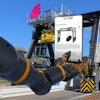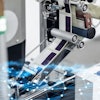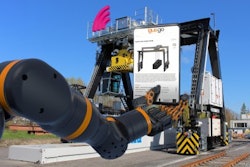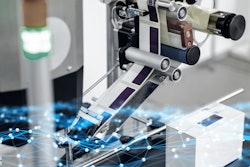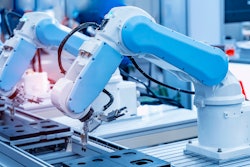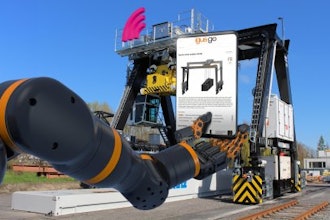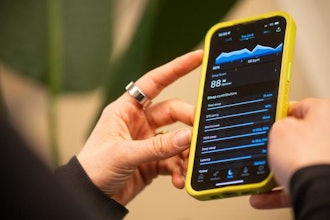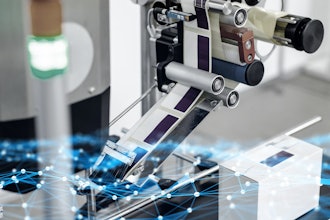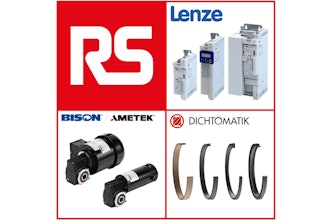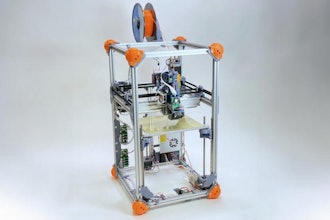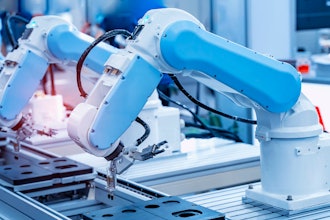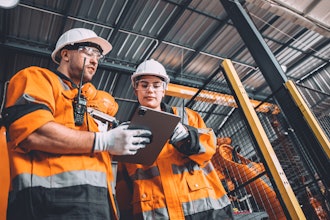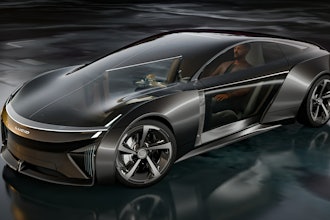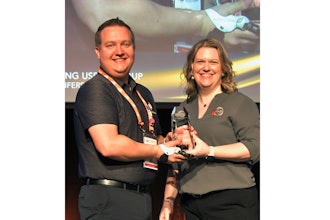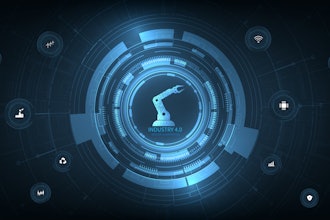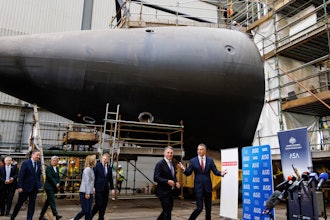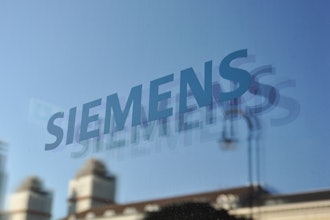No, the aforementioned Hyperloop isn’t some kind of science fiction-esque teleportation device. Sorry to disappoint. Although with Elon Musk’s background in companies that push the boundaries of what’s possible in the private sector, it wouldn’t have been completely out of the blue. Instead, Hyperloop is what Musk calls the “fifth mode” of transportation, as an alternative to cars, planes, trains and boats. It uses a long series of vacuum tubes to transport passengers across vast distances in incredibly short periods of time — Musk says the 380-mile trip between Los Angeles and San Francisco would take 30 minutes.
Will publish Hyperloop alpha design by Aug 12. Critical feedback for improvements would be much appreciated.
— Elon Musk (@elonmusk) July 15, 2013
He’s called the innovation “a cross between a Concorde, a rail gun, and an air hockey table,” and on August 12, we should be able to get our first look into whether or not it will be able to live up to the expectations.
On top of all the other merits of such a system, Musk has said publicly that it would be relatively trivial to cover the tube in solar panels, which would provide not only enough power to run the hyperloop itself, but also feed excess power back into the grid. He’s criticized the proposed Los Angeles-San Francisco high-speed train, which costs a whollop at $68 billion, while saying his proposed hyperloop design would cost around $6 billion for the same trip.
All of these declarations are great and compelling in their own right, but it’s hard to make any real conclusions about how realistic his plans are until the plans are released. Instead, perhaps the most compelling aspects of the announcement are some other teasers that Musk posted on Twitter just after the announcement. Take, for example, this response to a Twitter user asking that Musk patent the hyperloop concept:
@schadlu I really hate patents unless critical to company survival. Will publish Hyperloop as open source.
— Elon Musk (@elonmusk) July 15, 2013
This is compelling for a few reasons. One is that it follows in-line with Musk’s previous comments about the fact that he doesn’t like applying for patents, even with his other high-innovation companies, like SpaceX. In the past, he’s likened getting a patent to giving Chinese competitors the recipe for duplicating the innovations made by his engineers. It’s a pretty bold statement against the American patent system, which many argue is deeply flawed, giving out protection for useless “innovations” — think of Apple’s “slide to unlock” patent — while simultaneously not giving ample recourse for real groundbreaking engineering.
But Musk isn’t just not going to patent his hyperloop design — he’s going to make it open-source, which means that anyone will be able to download them and analyze them. People could “fork” the designs — make their own improvements and re-publish them. In essence, starting a dialogue about the best possible configurations or materials, for example. This happens all the time with software, but it’s a different story in the hardware world, especially when we’re talking about billion-dollar projects.
The exciting thing is that by making the designs open-source, Musk is going to, essentially, allow anyone to pursue building their own hyperloop. Of course, only a select few companies would seriously consider that (count Musk in as the helm of one of those few), so he’s probably relatively unconcerned about competition. Plus, more companies would mean the possibility of rolling out hyperloops in more locations other than California. There’s probably equal demand for such a high-speed system between Boston and New York, for example, or even Chicago and the East Coast.
Like online payments, electric cars, or private space travel, could Musk be on the verge of a change in open-sourced hardware? As much as I’d like to believe it possible, I somehow doubt it. The model could work in various niches, but probably wouldn’t translate well onto “less” sophisticated machinery, such as cars. An open source car would be brilliant, especially if manufacturers from all over the globe were constantly making new innovations against it and publishing that data, but the kind of people who believe in the merits of open source, such as Musk, are few and far between, particularly at the highest rungs of business.
Either way, I’ll be among the many tuned in on August 12 — if not sooner than that — to see what Musk has up his sleeve next. Maybe it won’t me an open-source revolution, but it will certainly be the beginning of what could be an interesting new means of transportation. And if nothing else, it’ll get people wondering about the potential consequences for soaring hundreds of miles an hour through a vacuum tube. Now that I think about it, that really does sound a bit like science fiction.
